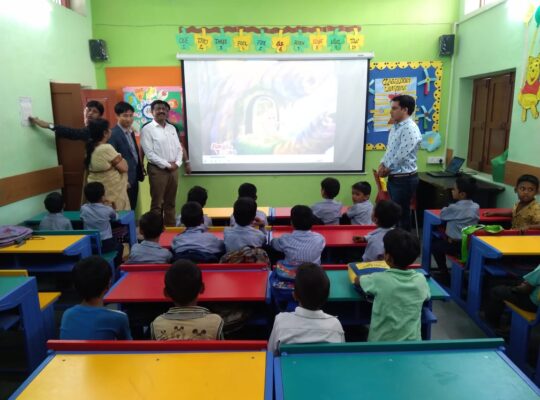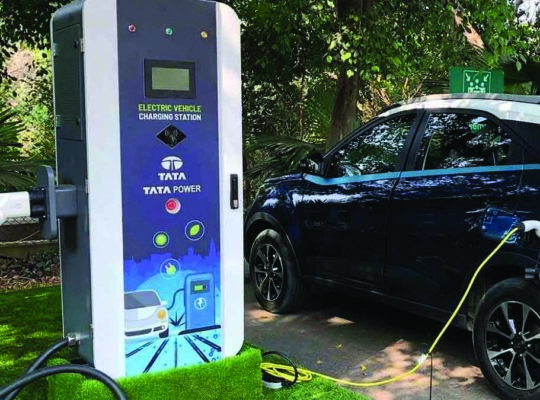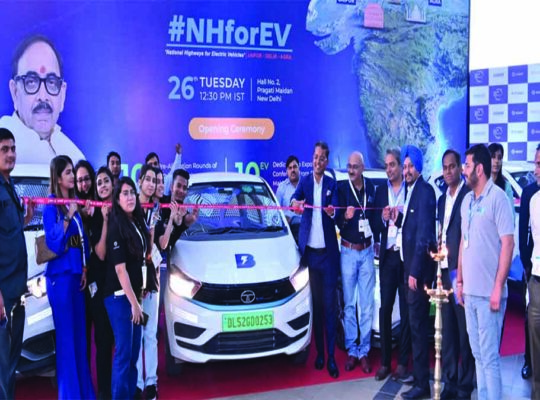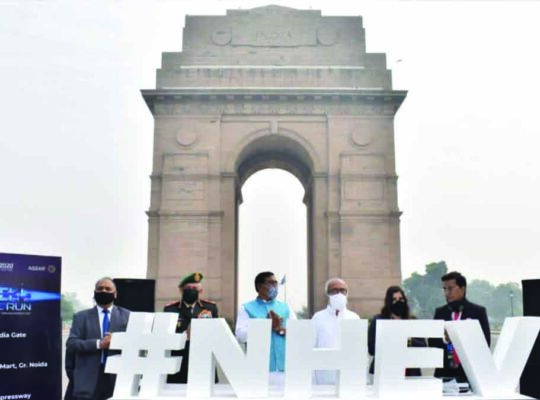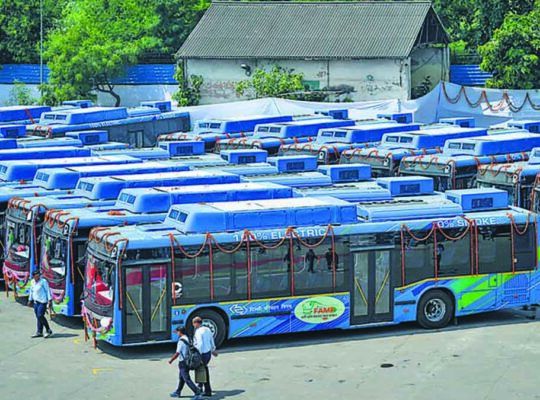Drones can be used to bring quality healthcare to people in the remotest areas of India, the World Economic Forum said on Wednesday.
Drones can be used to bring quality healthcare to people in the remotest areas of India, the World Economic Forum said on Wednesday citing results of a new experimental programme. Eight healthcare centres covering a population of over 3,00,000 people took part in the 45-day trial in which health workers delivered vital vaccines and medicines by drone.
Calling it the first successful trial in Asia of long-range vaccine delivery, the WEF said it shows how drone technology can be scaled up across India to meet urgent healthcare needs in remote areas. It was conducted as part of a wider programme, Medicine from the Sky, led by the WEF’s Centre for the Fourth Industrial Revolution India, in partnership with the Government of Telangana, Apollo Hospital’s Healthnet Global and NITI Aayog.
The programme aims to work with business, policymakers and communities to use drone technology to extend urban-grade healthcare to India’s remotest areas. Multiple stakeholders have been consulted throughout, including healthcare workers, local communities, local police, district-level administrators and local air traffic control, the WEF said.
Under the programme, healthcare professionals delivered vaccines, COVID-19 testing samples and medical products to a population of over 3,00,000 people represented by eight district health facilities in the Vikarabad district of the southern state of Telangana. The district was chosen because it includes communities living in the dense forests of the Anantagiri hills. The trial involved over 300 drone sorties in a 45-day period. The district was chosen because it includes communities living in the dense forests of the Anantagiri hills.
The findings of the trial, outlined in the report ‘Medicine from the Sky, India: How Drones Can Make Primary Healthcare Accessible to All,’ offer a practical vision for delivering essential medicines to citizens who lack access to basic healthcare, the WEF said. The programme follows the Drone Rules 2021, introduced by the government as a more liberalised regime for unmanned aircraft systems, which is expected to transform core sectors of the economy, including logistics, agriculture, healthcare and emergency response.
It also follows a drive to improve rural healthcare, with a range of programmes aimed at making it more accessible and inexpensive. The pandemic highlighted the lack of access to healthcare for rural communities due to infrastructure, supply and transport challenges. Civil Aviation Minister Jyotiraditya Scindia described the programme as “pathbreaking”.
“With the recent liberalisation of drone rules and the numerous government incentives for the drone sector, the stage is set for this innovative technology to flourish in India,” he said. “To that end, the Medicine from the Sky initiative has demonstrated how the country can successfully make use of cutting-edge drone technology to ensure no one is left behind in terms of access to primary healthcare. We are hopeful that subsequent phases of this initiative will mainstream drones in healthcare,” the minister added.
K T Rama Rao, Minister for Municipal Administration and Urban Development, Industries & Commerce, and Information Technology of Telangana, said: “Telangana has been a torchbearer for the Fourth Industrial Revolution. Using drones to successfully enable a case for touching the lives of citizens in remote and inaccessible areas is a highlight that demonstrates how drones can be integrated into the healthcare ecosystem.” After Telangana, several other states have replicated the medical delivery use case, he added.
Apollo Hospitals was a clinical partner in the trail. Sangita Reddy, Joint Managing Director, said the organisation’s mission was to enable access to quality healthcare services globally with the use of cutting-edge technology. “We look forward to continuing working with the WEF, the Government of Telangana and other states across the country in this project, which I am sure would be the inception of a new age in enhancing the healthcare supply chain,” she added.
NITI Aayog involved key decision makers in the programme to ensure high standards of compliance. “The pilot programme has demonstrated how detailed planning at the last mile, in consultation with local communities, can go a long way in ensuring that the country benefits immensely from drone technology,” Anna Roy, Senior Adviser at NITI Aayog, said.
Purushottam Kaushik, Head of the Centre for the Fourth Industrial Revolution India, said that India’s policies on the lower skies are opening up new possibilities for innovation, business and humanitarian work. “It’s critical that all citizens can benefit from this technology. This programme is enabling emergency healthcare services in remote terrain where access to services is very challenging. Drones will not only transcend difficult terrain but also pave the way for secure delivery for vaccines, medicines and all sorts of payloads,” he said. “It’s critical that all citizens can benefit from this technology. This programme is enabling emergency healthcare services in remote terrain where access to services is very challenging.
The announcement comes ahead of the WEF Annual Meeting 2022, to be held from May 22-26 in Davos-Klosters, Switzerland.









